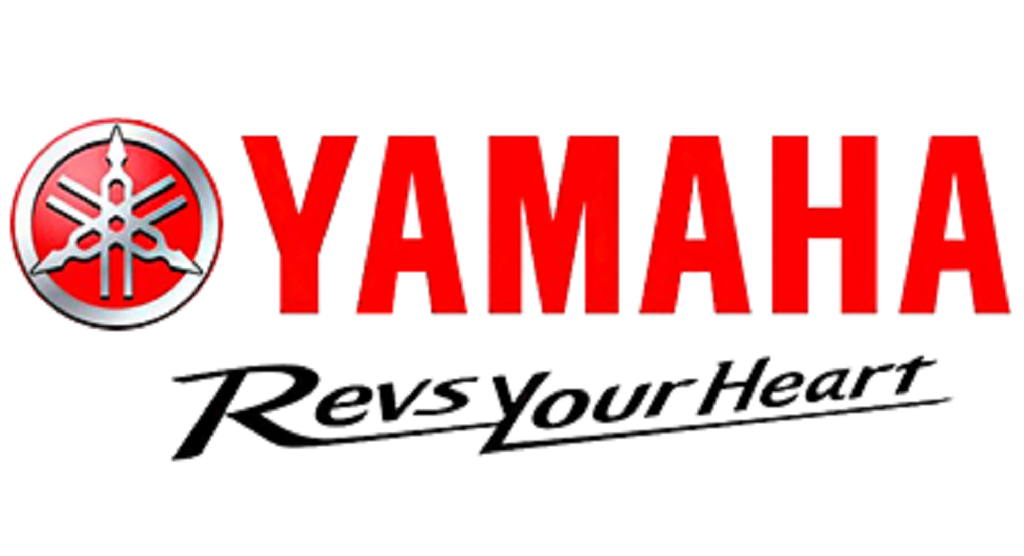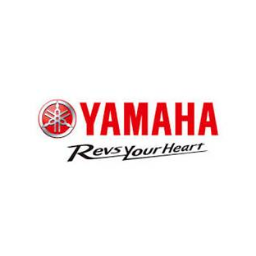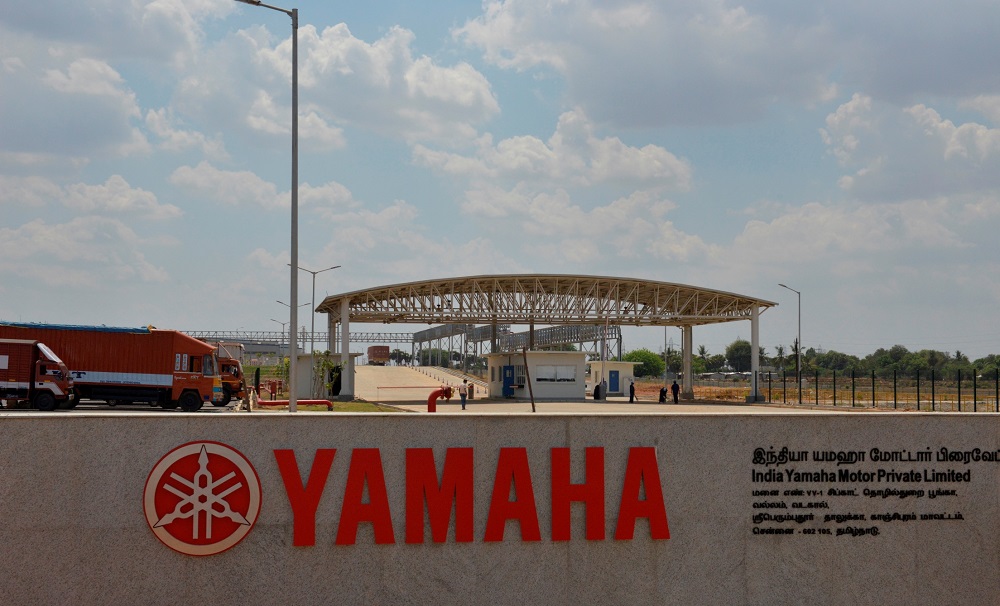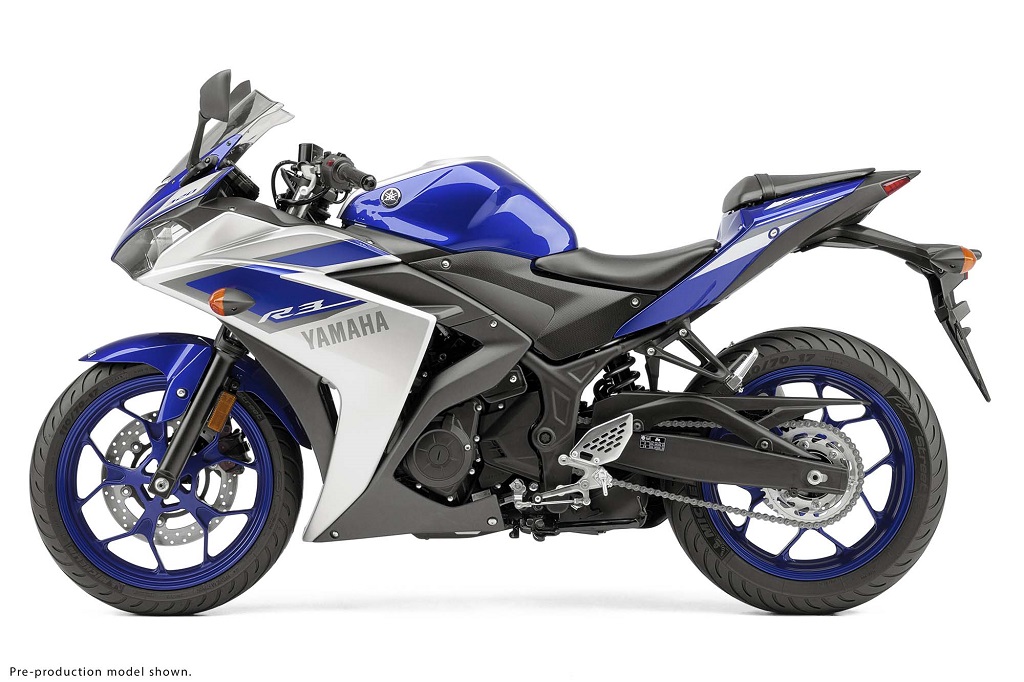Yamaha Motor Research & Development India Pvt. Ltd. (YMRI) announced the establishment of its second R&D Centre in India today. The new Centre is located in the premises of India Yamaha Motor’s plant in Kanchipuram district, Tamil Nadu. The new Centre has been established to ensure optimum utilization of resources at both the locations and focus towards the enhancement of the capability and the capacity. An investment of Rs. 66 crores has been made to set-up the center and it is part of the Rs. 1,500 crore investment that Yamaha has already committed to ‘Make in India’ by 2018.
The company’s long-term plan is to develop products which fit the Indian & Global customer requirements, but at the same time, carry the brand DNA of Performance, Innovation, Design, Style and Sportiness. The Centre is intended to increase Yamaha’s manufacturing competitiveness in the country. YMRI is a ‘Value Development Company’ and aims to develop not only higher specification but also low cost with good balance for the India market. For this purpose, India R&D would ‘develop’, ‘purchase’ and do ‘cost innovation’. The new R&D Centre has state-of-the-art facilities including prototype testing & validation and a test track with simulation of Indian Road condition.
On this occasion, Mr. Yasuo Ishihara, Managing Director, YMRI, said, “The objective of the new Centre is to develop models for India and eventually, the Global market. The Chennai Centre shall be the second main pillar for YMRI. By collaboration with the current development power in Surajpur center, we aim to strengthen more of the cost reduction and attractive product development in the Chennai center. The key role of this India Integrated Development Center is to develop optimized specifications for the Indian market.”
YMRI was established in February 2013 to function as the core of the second Integrated Development Center, following the establishment of the ASEAN Integrated Development Center in Thailand in 2012. The YMRI is the fifth overseas R&D headquarters for Yamaha Motor Group following Italy, Taiwan, China and Thailand. With the aim of high local development, the company wants to accelerate its engineering and manufacturing at local market quality standards, to support the product competitiveness both within the Indian market and for exports.
The two-wheeler market in India has been growing constantly over the last decade owing to political stability & economic prosperity and the resulting employment generation. The market reached 16 million units in 2015 and is expected to continue to grow at a decent pace going forward, led by scooter segment. Yamaha has seen rapid growth in sales numbers with 2016 first half sales growth at 45% over last year. During 2015 and 2016, the company has launched many products including motorcycles 125cc Saluto, 110cc Saluto RX 321cc sporty YZF-R3 and scooters 113cc Fascino & 113cc Cygnus Ray-ZR.
About Yamaha Motor Research and Development India (YMRI)
Yamaha Motor made its initial foray into India in 1985 as a joint-venture. In August 2001, it became a 100% subsidiary of Yamaha Motor Co., Ltd, Japan (YMC). In 2008, Mitsui & Co., Ltd. entered into an agreement with YMC to become a joint-investor in India Yamaha Motor Private Limited (IYM).
YMRI has been established by YMC to provide R&D and Product development services to IYM for its domestic as well as export markets. YMRI is the fifth overseas R&D headquarters for Yamaha Motor Group following Italy, Taiwan, China, and Thailand.
Presently, product portfolio of IYM includes: Sports models such as YZF-R3 (321 cc), YZF-R15 ver 2.0 (149 cc), YZF-R15S (149 cc); Blue-Core Technology enabled models such as FZ-S FI (Fuel-Injected, 149 cc), FZ FI (Fuel-Injected, 149 cc), Fazer FI (Fuel-Injected, 149 cc), SZ-RR ver 2.0 (149 cc), Saluto (125 cc), the new Saluto RX (110 cc), the new Cygnus Ray-ZR (113 cc), Fascino (113 cc), Cygnus Alpha (113 cc), Cygnus Ray Z (113 cc); other models such as FZ (153 cc); as well as imported models comprising of VMAX (1,679 cc), YZF-R1M (998 cc), YZF-R1 (998 cc) and FZ1 (998 cc) and the latest superbike MT-09 (847 cc).



